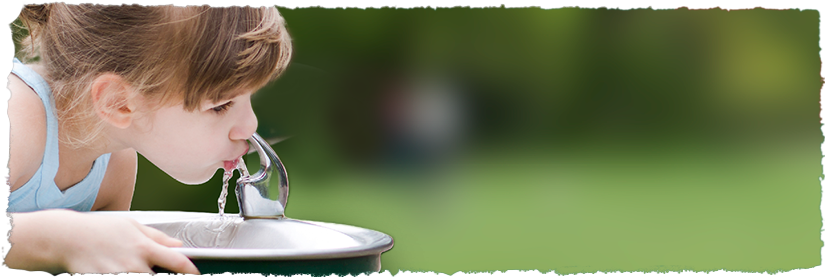Pediatric Environmental Health Specialty Units (PEHSU)

Children are especially vulnerable to environmental toxins, such as lead, mold, pesticides, air pollution, and many other contaminants. ATSDR supports the Pediatric Environmental Health Specialty Units (PEHSUs)external icon which continues to educate and collaborate with health professionals and the general public. Since most healthcare providers have not received in-depth training to prevent, recognize, manage, and treat health conditions associated with environmental exposures. The PEHSUs continue to expand their reach and increase their impact, reaching more than 36,000 community members and health professional through education in 2019. The PEHSUs are a national network of clinical environmental health specialists that work with health care providers, parents, schools, community groups, government officials, and policy makers to provide medical advice on exposure to hazardous substances in the environment affecting reproductive and children’s health.
PEHSUs Offer Disaster Response and Recovery
Following the record hurricane season of 2017, three PEHSUs received ATSDR special project funds to assist with hurricane recovery efforts in Texas, Florida, Puerto Rico, and the U.S. Virgin Islands. Through these projects, the PEHSUs are
- Identifying local needs and delivering clinical and childcare provider environmental health education.
- Providing prevention messaging and patient risk reduction materials in appropriate languages.
- Linking local environmental health recovery assets to form a clinical-community care system.
The goal of these activities is to optimize resources, resolve any environmental threats to children and pregnant women, and better prepare communities for future environmental health challenges.
Return to Stories from the Field Index